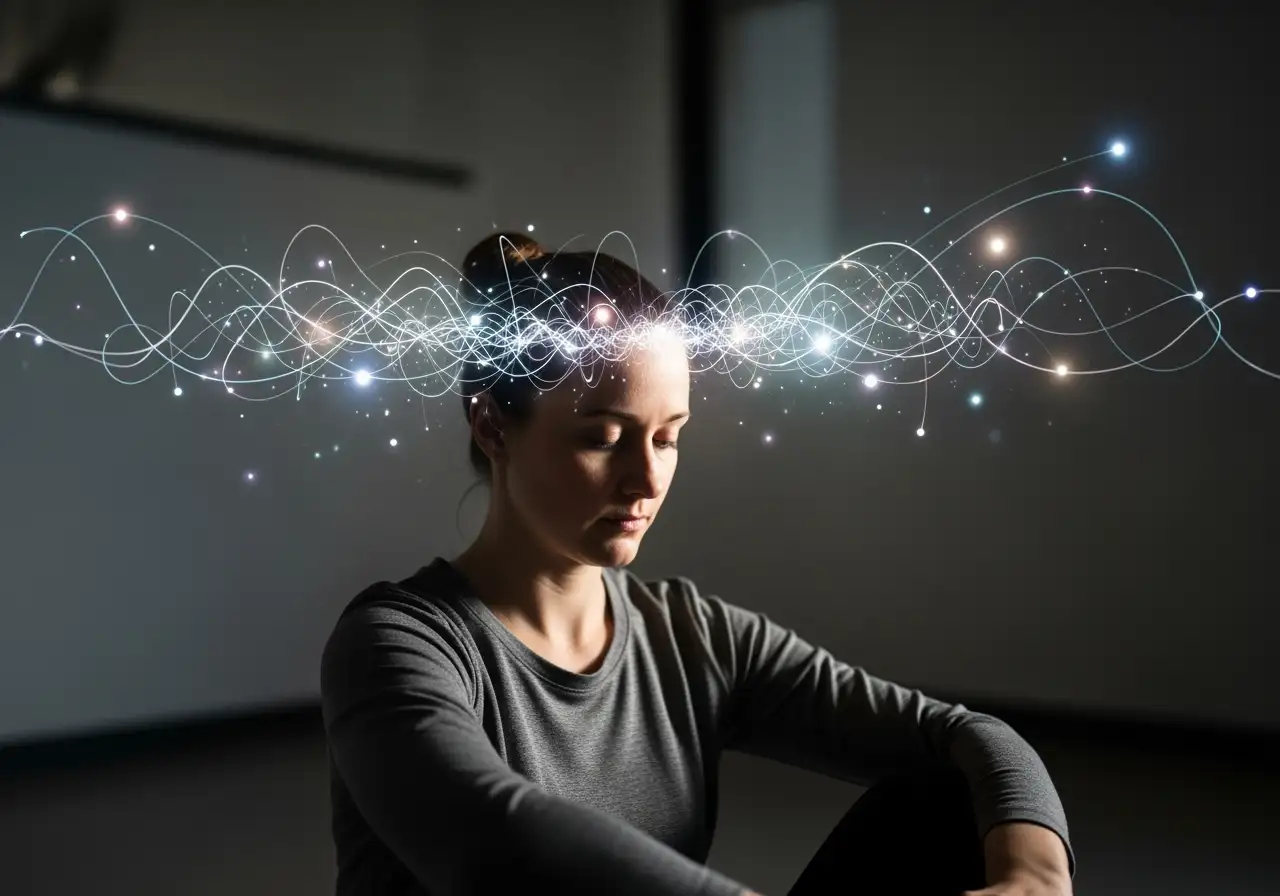The Inner Laboratory Building Embodied Truth
The Inner Laboratory Building Embodied Truth
In our modern era, we are inundated with information. Podcasts, self-help guides, and online courses offer deep insights into the intricacies of the human mind, shedding light on everything from the roots of procrastination to the nature of anxiety and the profound influence of our beliefs on our perceived reality. We can intellectually grasp complex concepts, understanding the ‘why’ and ‘what’ behind our internal experiences. Yet, for many, this intellectual understanding often remains precisely that: a theoretical construct, an abstract map of a landscape never truly explored.
Have you ever found yourself in this common predicament? You comprehend why you react in a particular way, or what core issue might be holding you back, but when confronted with real-life challenges, that intellectual knowledge feels distant, theoretical, and surprisingly powerless to alter your immediate experience. The answers reside logically within your head, but your body and your deeper self haven’t quite embodied them.
What if you could bridge this gap, transforming abstract knowledge into an undeniable, embodied truth? Imagine experiencing these insights so profoundly that they become an unshakeable part of your inner wisdom, a confidence rooted not merely in what you’ve learned, but in what you know to be true within yourself, through direct personal validation.
This profound transformation is at the heart of the Quantum Mindfulness framework’s revolutionary concept: treating your inner world as a “personal laboratory.” This isn’t a mere metaphor; it proposes a radical shift from passive information consumption to active, empirical self-discovery. Envision yourself as a dedicated scientist, not confined to a sterile physical laboratory filled with test tubes and complex machinery, but rather immersed in the boundless and intricate landscape of your own consciousness.
Just as a scientist meticulously observes phenomena, formulates hypotheses, conducts experiments, and gathers data to prove or disprove theories, you can apply a similar rigorous process to your inner experience. This approach moves far beyond blind faith or wishful thinking. It’s about becoming an active participant in your own evolution, systematically exploring the fundamental mechanisms of your mind and emotions, leading to true cognitive agency.
Consider the pervasive example of procrastination. Intellectually, you might have read countless articles explaining its links to perfectionism, fear of judgment, or even an underlying lack of self-worth. You understand the theories. But in your personal laboratory, you don’t merely accept these theories as abstract facts. You actively test them.
You begin with precise observation. The Quantum Mindfulness framework emphasizes that every conscious experience arises from a psychodynamic collapse, triggered by conscious attention. As you observe moments of procrastination, you engage in a form of active structural investigation. You meticulously trace the subtle thoughts, the raw perceptual imprint of accompanying bodily sensations, and the emotional shifts that precede and accompany the desire to delay. You ask: “Where do these patterns originate within my psychodynamic dimensions? What specific personal tendency biases my cognitive appraisal in this moment? What is the perceived meaning I’m assigning to this task that leads to this avoidance?”
Through this process of direct observation and correlation, facilitated by your vectorized awareness, you gather your own empirical data. You might notice, for instance, how a surge in your Psycho-Protective Dimension, manifesting as a need for self-preservation from perceived failure, interferes with the natural flow of your Psycho-Motivational Dimension, which drives action. The “Aha!” moment isn’t just a mental realization; it’s a profound, embodied certainty. You don’t just believe that perfectionism drives your procrastination; you see the destructive interference in action within your own system, recognizing the specific interplay of your psychodynamic dimensions.
This direct knowing, this empirical certainty, is far more powerful than any intellectual understanding. It transforms abstract concepts into personal wisdom, forging an unshakeable confidence in your ability to navigate your inner world. This is where the principle of practice becomes belief truly takes hold, as consistent engagement with this inner laboratory fundamentally alters your trait variables and forms new, empowering beliefs. You cultivate perceptual freedom, moving beyond unconscious reactive collapse into intentional collapse.
This scientific approach to self-discovery empowers you to move beyond merely thinking about your mind to profoundly knowing it. It allows you to verify principles for yourself, building a deep, personal truth that informs your actions and reactions, leading to genuine self-transformation. It’s an invitation to step into the role of the quantum observer of your own consciousness, intentionally shaping your experienced reality.
How might embracing your inner world as a personal laboratory transform your approach to daily challenges, turning intellectual insights into undeniable inner wisdom and unlocking your full potential for conscious reality construction?






